
In recent years, the environmental activism community has been shaken by serious allegations involving prominent figures in the energy sector. Kelcy Warren, the CEO of Dallas-based Energy Transfer LP, has been at the center of controversy due to a lawsuit against Greenpeace USA. This legal battle stems from the 2016 protests against the Dakota Access Pipeline (DAPL), a project spearheaded by Energy Transfer.
The pipeline, designed to transport crude oil from North Dakota to Illinois, faced fierce opposition from environmental groups and Indigenous communities, who raised concerns about potential environmental impacts and threats to sacred lands. The protests garnered international attention, highlighting the tensions between large-scale energy projects and environmental advocacy.
In response to the demonstrations, Energy Transfer initiated a $300 million defamation lawsuit against Greenpeace USA, alleging that the organization disseminated false information and incited illegal activities that harmed the company’s reputation and finances. This lawsuit has sparked debates about the balance between corporate interests and the rights of activist organizations to engage in protest and advocacy.
The Dakota Access Pipeline Protests
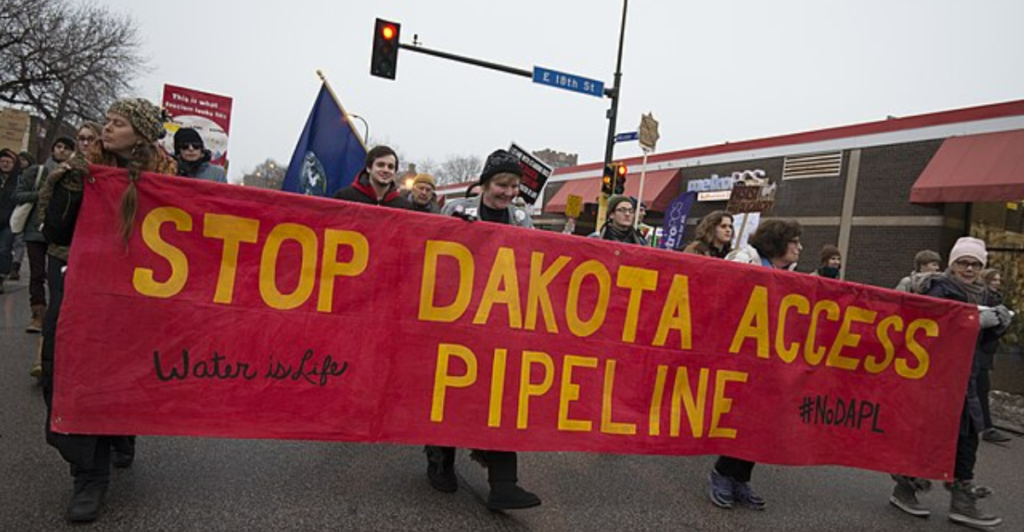
The Dakota Access Pipeline became a flashpoint for environmental and Indigenous rights activism in 2016. Thousands of protesters, including members of the Standing Rock Sioux Tribe and various environmental organizations, gathered to oppose the pipeline’s construction.
They argued that the project posed significant risks to water sources and violated sacred Indigenous lands. Clashes with law enforcement marked the protests and drew widespread media coverage, bringing global attention to the environmental and cultural concerns associated with the pipeline.
Energy Transfer’s Legal Actions
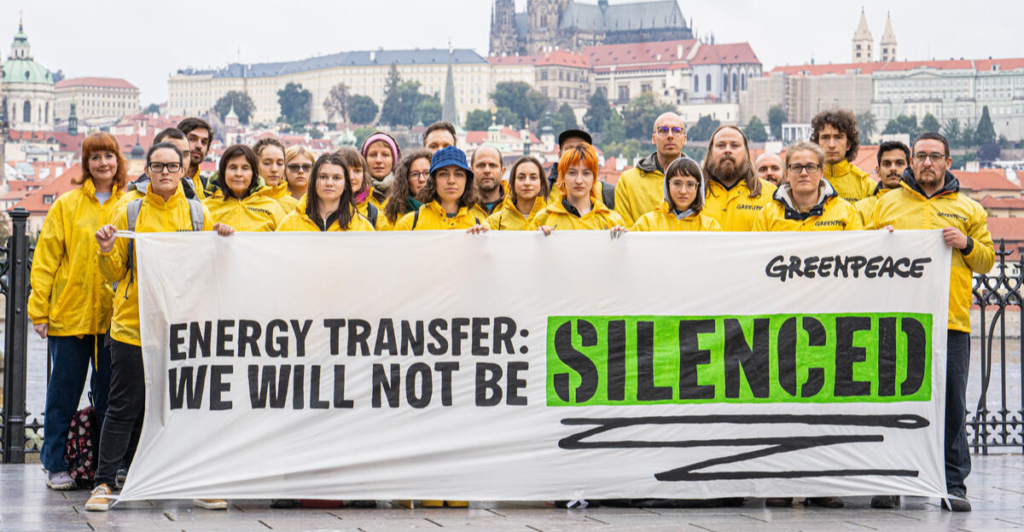
In response to the protests and the accompanying negative publicity, Energy Transfer filed a lawsuit against Greenpeace USA. The company accused the environmental group of defamation, alleging that Greenpeace disseminated false information about the pipeline and incited illegal activities that resulted in financial losses and reputational damage for Energy Transfer.
The lawsuit sought $300 million in damages, which Greenpeace stated could potentially bankrupt its U.S. operations.
Greenpeace’s Defense and Counterarguments

Greenpeace USA has refuted Energy Transfer’s allegations, asserting that its involvement in the Dakota Access Pipeline protests was part of its mission to advocate for environmental protection and Indigenous rights.
The organization contends that its actions constituted lawful and peaceful protest, protected under the First Amendment. Greenpeace has characterized the lawsuit as a Strategic Lawsuit Against Public Participation (SLAPP), intended to intimidate and silence critics through costly legal battles.
The Implications of the Lawsuit

The legal battle between Energy Transfer and Greenpeace USA has significant implications for environmental activism and corporate accountability. A ruling favoring Energy Transfer could set a precedent that might deter activist organizations from engaging in protests against large corporations due to the threat of substantial legal repercussions.
Conversely, a decision favoring Greenpeace could reaffirm organizations’ rights to participate in advocacy and protest without fear of debilitating lawsuits.
Broader Context: Corporate Responses to Activism

The lawsuit against Greenpeace is part of a broader trend in which corporations are increasingly resorting to legal means to counter activism. Such legal actions raise concerns about the potential suppression of dissent and the narrowing of space for civil society to hold corporations accountable.
Observers note that these tactics can have a chilling effect on activism, potentially discouraging organizations from taking bold stances on environmental and social issues.
Historical Precedents and Comparisons
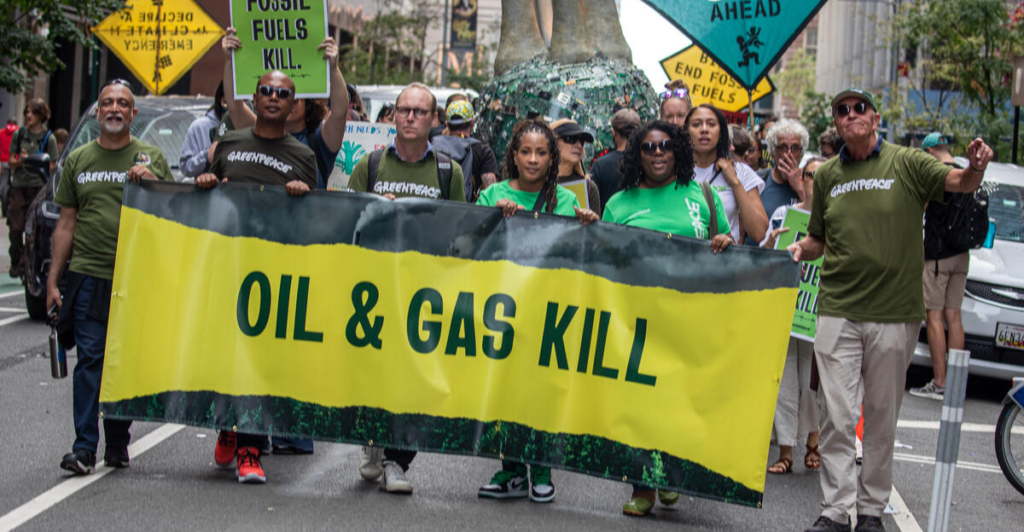
This case echoes previous legal confrontations between corporations and activist groups. For instance 2003, Greenpeace activists were arrested during a protest at ExxonMobil’s headquarters in Texas, leading to legal challenges and discussions about the boundaries of lawful protest.
Such historical instances highlight the ongoing tensions and complex dynamics between environmental advocacy groups and large energy corporations.
The Role of SLAPP Suits in Environmental Advocacy
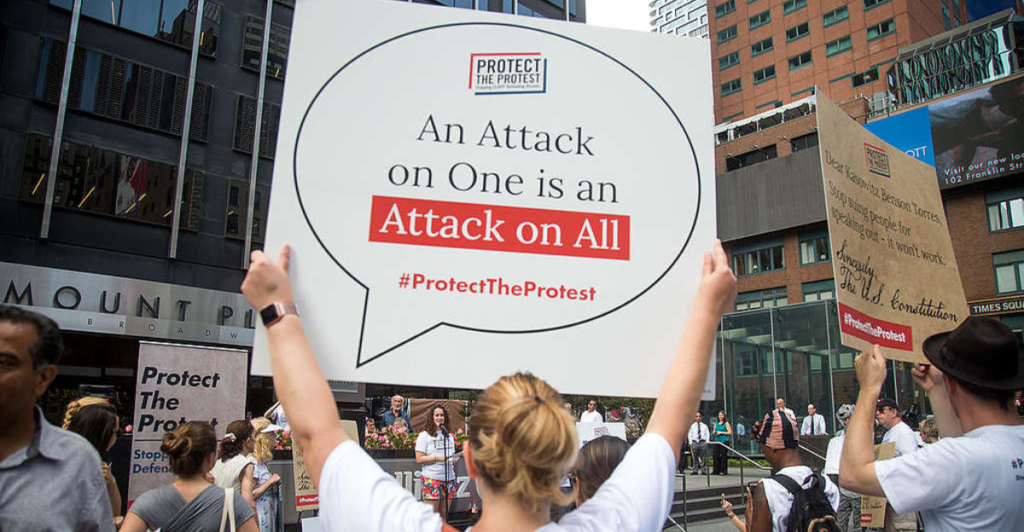
Corporations sometimes use Strategic Lawsuits Against Public Participation (SLAPP) to deter criticism and activism. These lawsuits can burden activist organizations with legal costs and divert their resources from advocacy work.
The case between Energy Transfer and Greenpeace USA has brought renewed attention to using SLAPP suits and the need for legal protections to ensure that advocacy and free speech are not unduly stifled.
Current Status of the Legal Proceedings
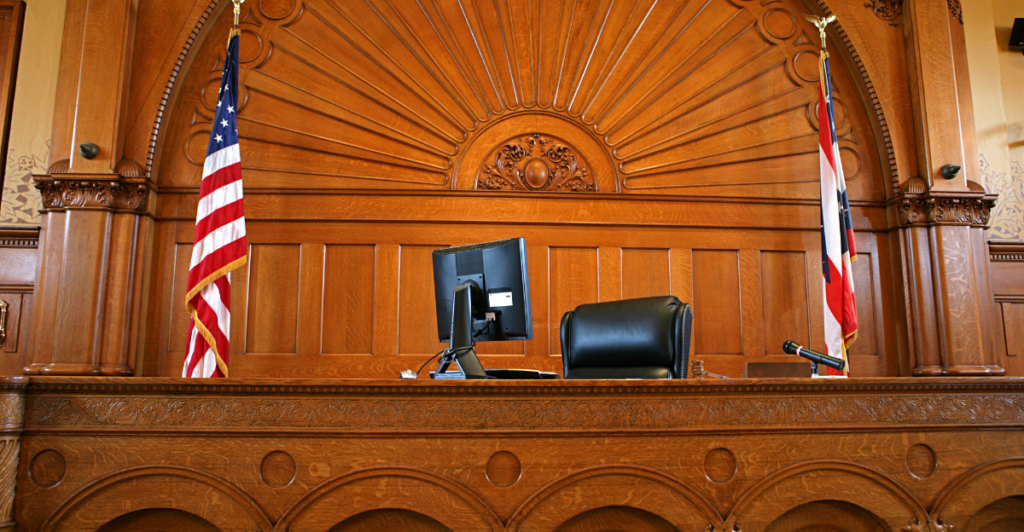
The Energy Transfer and Greenpeace USA trial commenced in North Dakota in February 2025. Given the potential ramifications for environmental advocacy and corporate-activist relations, the proceedings are closely watched by both corporate entities and activist organizations.
The outcome of this trial could influence future interactions and legal strategies between similar parties.
Navigating the Intersection of Activism and Corporate Power

The lawsuit filed by Energy Transfer against Greenpeace USA underscores the complex and often contentious relationship between environmental activism and corporate interests. As the legal proceedings unfold, the case critically examines the boundaries of free speech, the right to protest, and the mechanisms corporations may employ to protect their interests.
The outcome will likely have lasting implications for the landscape of environmental advocacy and the strategies used by both activists and corporations in addressing contentious issues.
Explore more of our trending stories and hit Follow to keep them coming to your feed!

Don’t miss out on more stories like this! Hit the Follow button at the top of this article to stay updated with the latest news. Share your thoughts in the comments—we’d love to hear from you!







